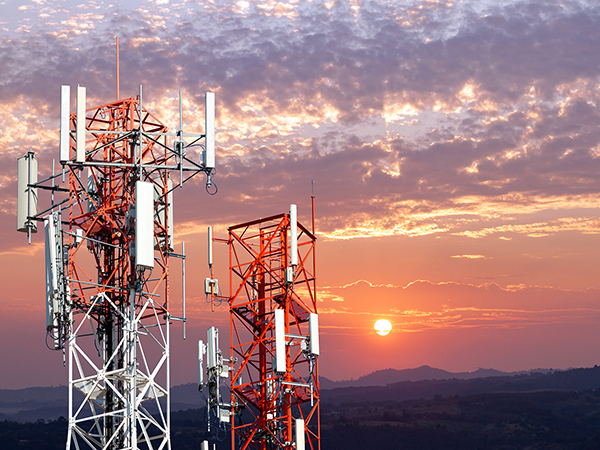Verizon originally planned its 3G shutdown for 2019
Verizon officially turned down its 3G network on the final day of 2022. It had been the last holdout among national mobile network operators, with AT&T and T-Mobile US already having completed their 3G shutdowns.
Verizon first began announcing in 2016—seven years ago—that it was planning a 3G shut-down in 2019. However, the operator decided to delay the decommissioning, first by one year (to the end of 2020) and ultimately, to December 31 of 2022.
The carrier indicated in March of 2021 that it had been working with customers who still had 3G devices to migrate them to 4G or 5G-capable devices, and that less than 1% of its customers were still using 3G at that point. Verizon indicated that customers who need help starting 4G or 5G service should call customer service at 800-922-0204.
AT&T phased out its 3G network in February of 2022. T-Mobile US has been undergoing an extensive network rationalization since its acquisition of Sprint, both to reduce network costs as well as to migrate technologies. T-Mo shut down Sprint’s 3G CDMA network in March of 2022—after a two-month delay prompted by protests from Dish Network, which wanted more time to transition the Boost Mobile customers which it had acquired from Sprint—followed by a turn-down of the Sprint LTE network in June 2022 and finally, by the sunset of its own 3G UMTS network in July 2022. However, the carrier has so far left its 2G network intact, with no firm date set for a 2G shutdown.
While some rural operators continue to operate 3G networks, the national network shutdowns pose an abrupt end to service for individuals and companies which rely on those legacy networks that are reaching the end of their operational life, and not all customers are willing or able to be transitioned. Dish Wireless, for instance, reported that despite the additional two months that it was given to transition users, around 126,000 of its customers did not migrate off of the old T-Mo/Sprint 3G network before it was shut down. The Rural Wireless Association was among parties which asked the Federal Communications Commission in 2021 to step in and delay 3G shutdowns because its members were reporting degraded 3G availability even before the official shut-down dates; the Alarm Industry Communications Committee also wanted an extension of 3G service in order for companies to transition devices ranging from alarm systems and ankle bracelet trackers, elevator emergency phones and emergency radios for lone workers in industries in isolated places, such as agriculture and oil and gas.

